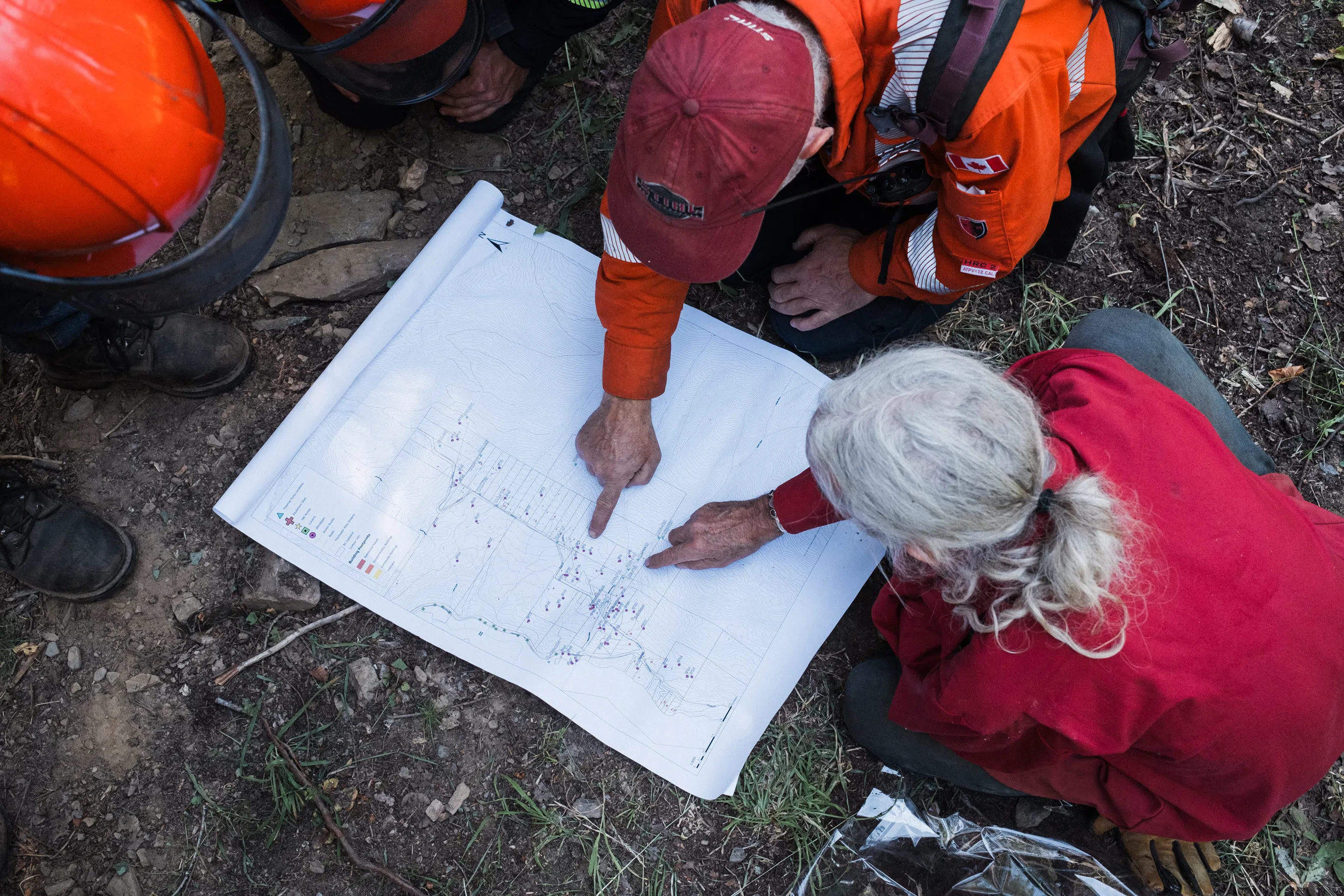As wildfire season heats up, rural communities in British Columbia are taking proactive steps aimed at improving emergency response by mapping local water sources.
The initiative is being led by Living Lakes Canada, a non-profit organization focused on water science and stewardship.
Aimed at helping firefighters quickly locate creeks, springs, hydrants and other water supplies that can be used during wildfire suppression efforts.
“We’re helping emergency responders find and access water more efficiently,” said Paige Thurston, wildfire suppression program lead with Living Lakes Canada.
“By compiling local knowledge and water monitoring data, we’re working to protect homes, lives and ecosystems.”
The mapping involves documenting water features on public and private land, with landowner consent, and identifying usable access routes.
Data collected from community members is combined with scientific information to create interactive maps.
The strategy was put to the test during the 2024 Argenta Creek wildfire, when BC Wildfire Service crews used locally produced maps to guide suppression efforts.
“This is a practical tool that could make a difference in response,” said Jeremy Angus, senior wildfire officer with BC Wildfire Service.
Mapping is currently underway in Winlaw, Red Mountain Road, Enterprise Creek, Grasmere and Yaq̓it ʔa·knuqⱡi’it First Nation.
In each location, a designated community champion helps coordinate participation and local data collection.
“When a wildfire breaks out, there’s no time to search,” said Michelle Griffiths, community champion for Winlaw.
“Knowing the exact location of reliable water sources can mean the difference between containment and catastrophe.”
The project is expected to continue through summer 2025, with maps and reports to be released in 2026.
It is 85 per cent funded, with support from Columbia Basin Trust and Definity Financial Corporation.
“Mapping water resources for wildfire response aligns with our goal of helping communities and First Nations adapt to and mitigate climate change,” said Hannah Holden, senior manager of delivery of benefits with Columbia Basin Trust.
Residents in project areas are encouraged to contribute by filling out an online questionnaire or contacting Living Lakes Canada directly.
More information is available at: https://livinglakescanada.ca/wildfire









Comments